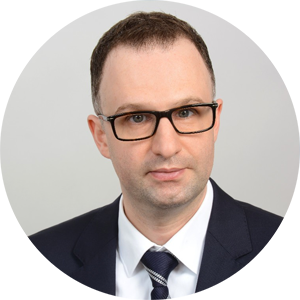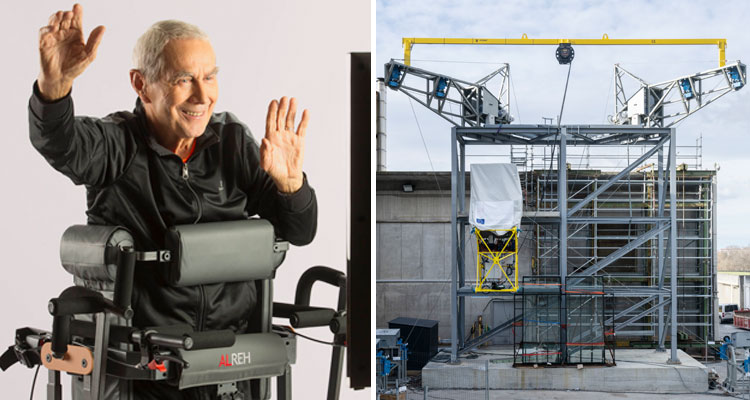Doctoral studies
Robot (r)evolution to “build” the future society
Robot (r)evolution to “build” the future society
Your Doctoral studies dealing with future technologies outside the traditional fields like architecture, engineering and construction will thrive your future job opportunities as a next generation engineer on the global market.
Future socio-ecologic engineers in Construction Robotics, Healthcare Technology and many further Future Technologies will be prepared to approach yet unknown challenges by designing solutions for future industries, economy, ecology and society. They apply frontier science competence and define crossdisciplinary domains permanently. Your Doctoral studies at the Chair of Building Realisation and Robotics will be dealing with highly innovative as well as crossdisciplinary projects (r)evolutionising the future.
Our unique combination of scientific research & near real world testing in one of our labs in our three specializations Construction Robotics, Healthcare Technologies and further multidisciplinary Future Technologies evolves out of the box solutions.
Whether you already have a project vision or you want to be part of one of our current research projects, let’s talk and realize it. Our Doctoral studies are accessible by all students across all faculties.
Let’s talk:

Dr.-Ing. Thomas Linner
Dr.-Ing. Thomas Linner
T: +49 (0) 89 289 22176
E: thomas.linner(at)oth-regensburg.de

Motivation through personalized mobility devices
Hephaestus: “Highly automatEd PHysical Achievements and performancES using cable roboTs Unique Systems”
Doctoral students can expect:
- The opportunity to become a world leading expert in a dedicated innovation area allocated at the forefront of future science and technology.
- Acquire the skill how to solve complex problems with scientific and systematic rigor.
- The chance to develop ideas and projects in direct collaboration with global players (e.g. Philips, ABB, Bouygues Construction, Takenaka, Schön Kliniken, etc.).
- Work in a highly cross- and interdisciplinary environment.
- Learn how to tap into funding sources for complex technology development (DFG, BMBF, BMWI, Horizon Europe, Marie Skłodowska Curie, etc.).
- Acquire the skillset to turn into a pro in technology management.

